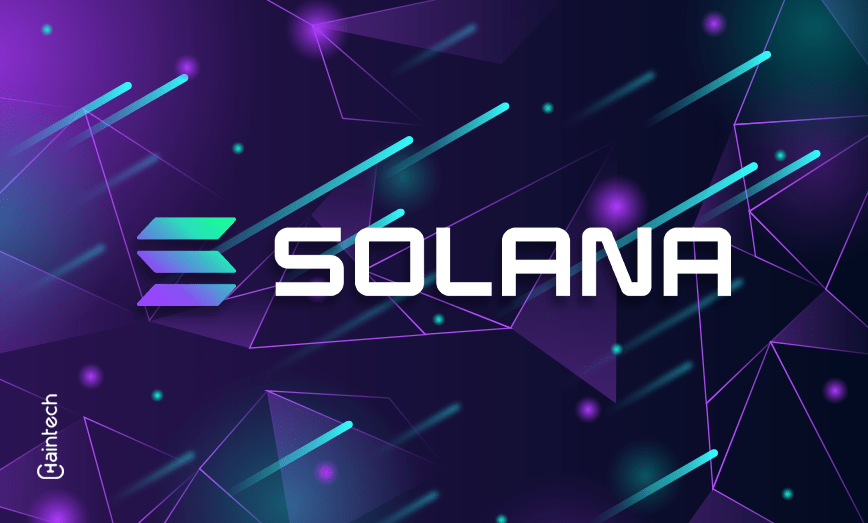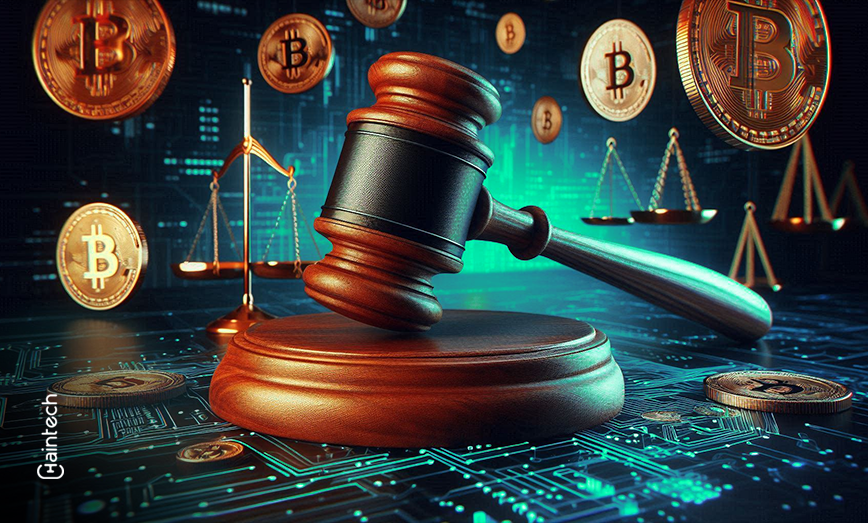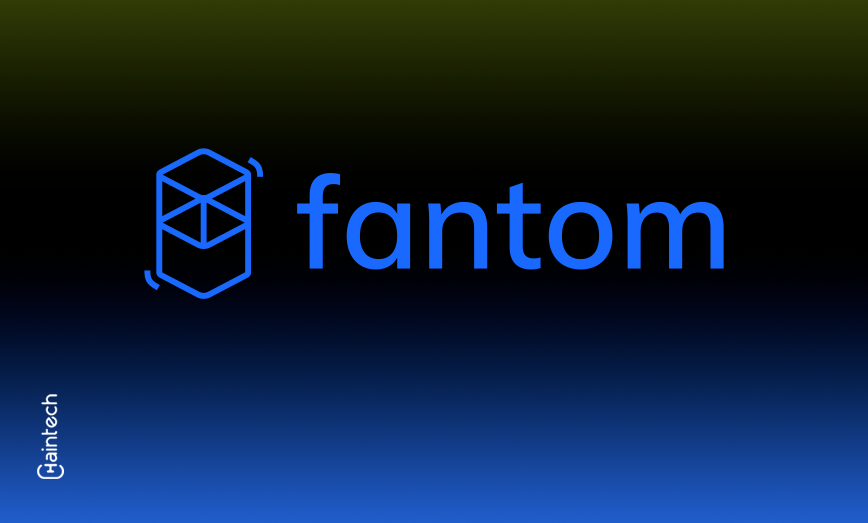What is Solana?

Introduction
Picture yourself at a busy farmers’ market, scanning the stands for the best food. One shop in this market stands out from the others because it can serve customers quickly while others have to wait in long lines.
Right there you have it: Solana is the smart market manager of the crypto world. It makes sure that deals go quickly and easily.
Bitcoin and Ethereum, two popular cryptocurrencies, struggle with multiple exchanges. Solana’s innovative approach helps in those instances.
With its unique idea, Solana stands out in a sea of more than 25,000 cryptocurrencies. Unlike many projects that fail to deliver on their promises. Solana brings a new idea that changes everything: TIME.
Solana is the most efficient system ever because it has a decentralised clock built into its blockchain. Let’s learn about it more.
What is Solana?
In 2017, Anatoly Yakovenko developed Solana, a blockchain initiative to address scalability concerns in several blockchains. Yakovenko, a tech and financial expert, envisioned a blockchain that could process more transactions faster and cheaper.
When Solana debuted its mainnet in 2020, the cryptocurrency community took notice. SOL, the native token of Solana, is essential to its ecology. It serves as more than just a medium of exchange; it also finances staking and other expenses.
Solana is notable for its fast speeds and inexpensive fees when compared to other blockchains like Ethereum. Because of its effectiveness, it is well-liked by both developers and users.
In addition to being a transactional platform, Solana is a hub for non-fungible tokens (NFTs), decentralised finance (DeFi), and decentralised applications (Dapps). Because of its adaptability, Solana is more than just a blockchain; it’s a whole ecosystem for different kinds of digital goods and apps.
How does it work?
Solana is a cutting-edge coin blockchain that speeds through transactions like a supercar. It supports smart contracts and apps. The proof-of-stake method makes it energy-efficient and open to everyone.
The SOL token maintains track of its past through a proof-of-history (PoH) timing mechanism. This time technique allows for the maintenance of a transaction record while also making the network’s proof-of-stake (PoS) protocol easier to implement. This strategy advances the goals of the blockchain, which include increasing scalability and consistency.
As a result, it can handle 71,000 transactions per second (TPS), which is pretty cool. But Bitcoin and Ethereum can only handle 7 and 30 TPS, respectively. Plus, Solana won’t be slowing down any time soon, thanks to firedancer and other new technologies.
The people who work on Solana are great tech minds from Qualcomm, Google, and Microsoft, among others. Solana’s founder, Anatoly Yakovenko, was inspired by how quickly telecom technology was changing and built Solana to similar manner, just like those technologies.
Features of Solana
Solana packs some seriously cool features that set it apart from the crypto crowd:
1. Proof-of-History:
Do you ever hope that you could go back in time? This is exactly what Solana’s Proof-of-History does for financial transactions. In the end, this produces a trustworthy timeline that everyone can agree upon as to when transactions occurred.
2. Sealevel:
Multiple smart contracts operating concurrently, much like a machine that is skilled at multitasking. The sea level is that. It is easier and less expensive for Solana to get things done.
3. Pipelining:
It is incredibly quick because pipelining divides up work into smaller parts and moves them quickly through designated lanes.
4. Cloudbreak:
With Solana’s Cloudbreak technology, managing additional transactions is simple and requires little effort. It’s similar to expanding the number of lanes on a roadway to maintain efficient traffic flow.
5. Gulfstream
It is responsible for managing a huge memory pool, which guarantees rapid transactions without any interruptions.
How does Solana achieve such lightning-fast speeds?
At the core of Solana’s rapid processing lies its innovative consensus mechanism, which melds proof of stake with a groundbreaking concept known as Proof-of-history. Proof of history ensures swift timestamping of transactions, removing the need for nodes to synchronise their clocks. Picture it as sorting through letters from your family—instead of waiting for everyone’s watches to match, Solana’s proof of history lets you organise based on the timestamps provided.
But it gets even more fascinating. Solana’s distinctive parallel smart contract execution makes it possible to handle multiple blocks at once. This allows tasks to run simultaneously, much like having multiple versions of yourself tackle different tasks at once. The result? Remarkable efficiency!
Pros and Cons of Solana
Pros of Solana:
High Transaction Speed:
Solana is one of the fastest blockchain networks available, processing an astounding 50,000 transactions in a second.
Low Fees:
Users save money on Solana’s transaction fees, often less than a cent.
Scalability:
With the ability to handle billions of users, Solana can scale smoothly even with increased network activity.
Energy Efficiency:
Solana uses less power than Bitcoin, making it less eco-friendly.
Vibrant NFT Community:
Digital artists and collectors can benefit from Solana’s vibrant NFT (Non-Fungible Token) community.
Fast and Efficient Smart Contracts:
A fast and efficient smart contract platform, Solana offers an alternative network for decentralised applications.
Staking Rewards:
Users can earn passive income by staking Solana (SOL) tokens.
Cons of Solana:
High Staking Hardware Costs:
Some users may find it difficult to afford the hardware needed for staking SOL tokens.
Network Instability:
There have been multiple noteworthy outages at Solana, including successful DDoS assaults that have interfered with network functionality.
Inflation:
Because Solana issues new SOL tokens every year at a rate of 8%, there is no set quantity of these tokens, which could have an effect on investor trust and token value.
Aggressive Emission Schedule:
The supply of SOL tokens is set to increase by 43% by 2027, raising concerns about inflationary pressures and dilution of token value over time.
Alternatives of Solana
HollaEx
HollaEx is a blockchain infrastructure toolkit that simplifies wallets, popular blockchains, and trading interfaces. It enables anyone to create a crypto exchange with bespoke coins, tokenomics, and digital markets. This revolutionary offering provides strong, inexpensive, and customisable crypto tools that make rebranding easy.
Stellar
Stellar helps builders realise human and economic potential. It creates worldwide opportunities as unlimited as ideas with a robust, decentralised blockchain network and an innovation ecosystem. New digital asset products and services that improve global financial system access empower it to change the world.
The Oasis network
Privacy-enabled blockchain technology Oasis supports open finance. The Oasis network gives DeFi privacy and scalability. It lets DeFi reach more people than early adopters. Private smart contracts, high scaling, and data tokenization are possible. This enables private lending, undercollateralized loans, and automated market makers.
Conclusion
Within the constantly changing digital finance terrain, Solana is a shining example of creativity and productivity. In contrast to Bitcoin, which has a limited quantity, Solana’s value fluctuates in response to the needs of its expanding user base.
Practically speaking, Solana is transforming investing prospects, internet transactions, and even the art industry. It’s similar to opening up a quicker and more fair digital market for all users.
In the future, Solana is going to drive change to create a blockchain ecosystem that is more productive and inclusive. With its blazingly quick transaction times and compatibility for cutting-edge apps, Solana isn’t simply another cryptocurrency player—rather, it’s a revolutionary one. Thus, keep a watch on Solana, as it has the potential to transform digital finance.









